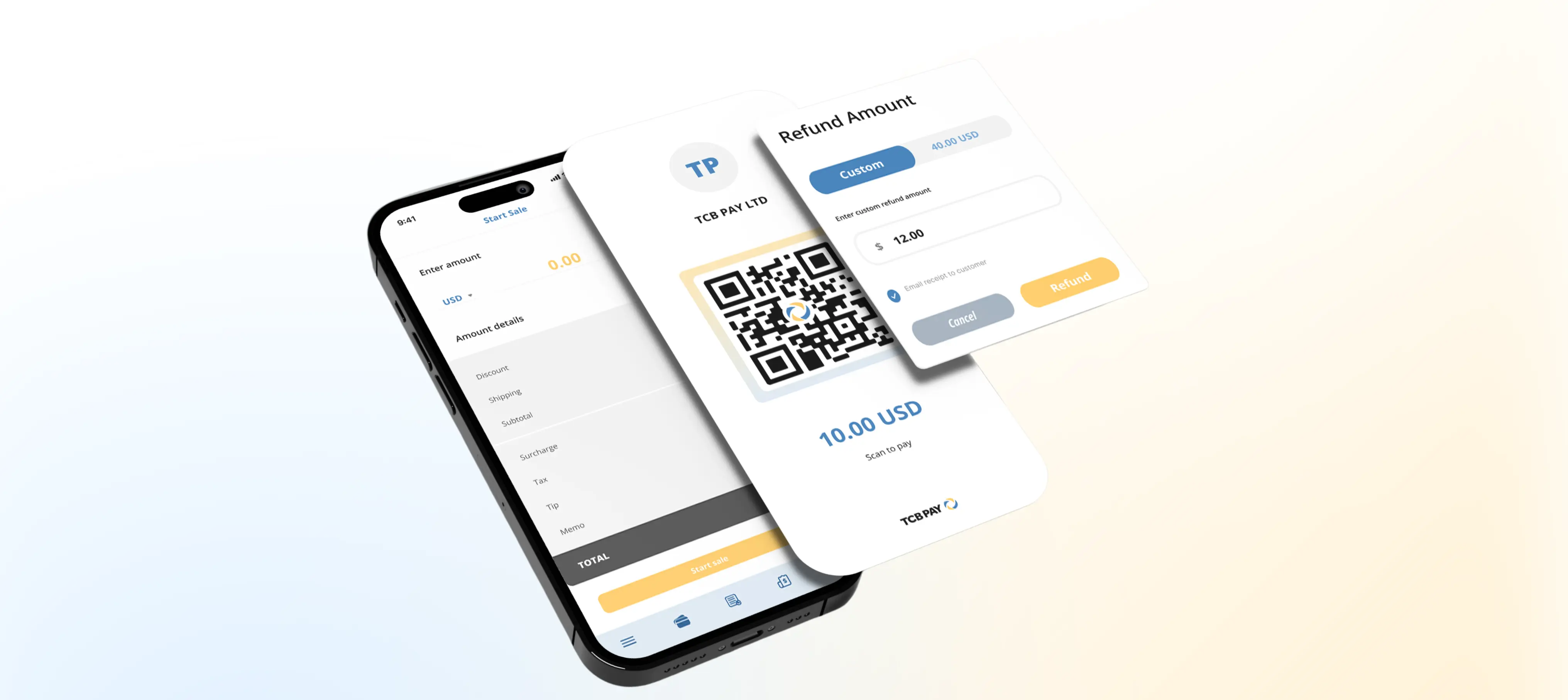All posts
Visa’s VAMP Signals a New Era for High-Risk Merchants
Posted on 11/24/2025
How Small Businesses Win with Customer Support
Posted on 11/17/2025
Thanksgiving 2025: A Strategic e-Commerce Playbook for Retailers
Posted on 11/12/2025
Cyber Monday: what business owners need to know
Posted on 11/10/2025
5 Holiday Strategies Every Small Business Should Try Before Year-End
Posted on 11/06/2025
How to Prepare Your Business for Black Friday 2025
Posted on 11/03/2025
How Businesses Can Win Big This Halloween
Posted on 10/27/2025
Now Live: The TCB Pay App Is Here to Simplify Your Payment Life
Posted on 10/21/2025
Business Trips, Team Building, and Why Corporate Cards Save the Day
Posted on 10/06/2025










